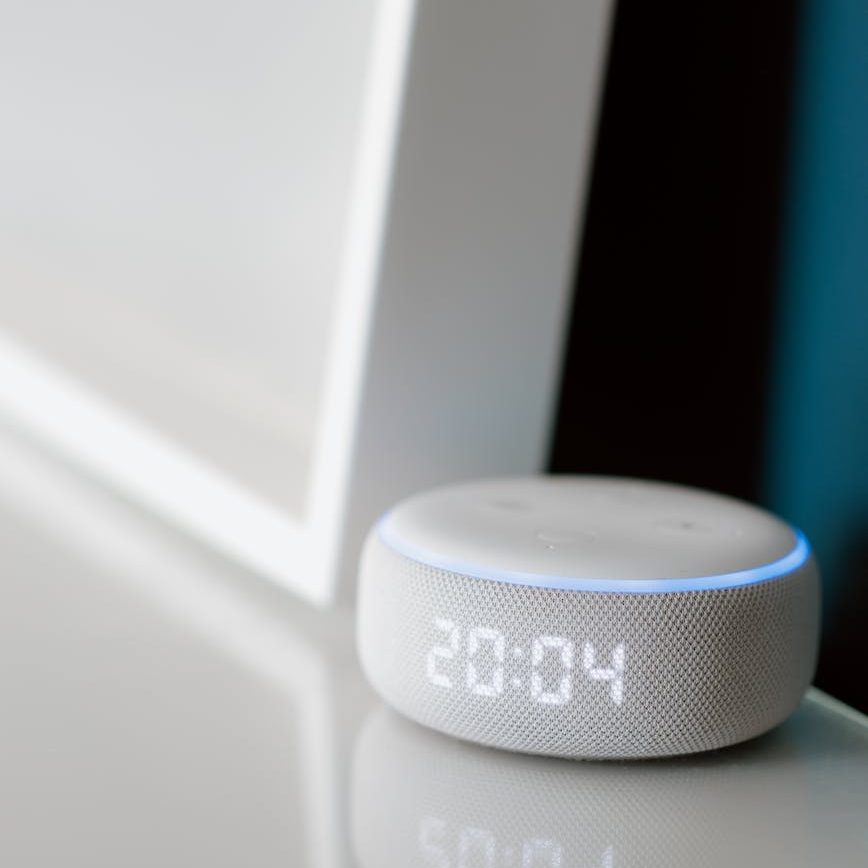
Green.org sat down with Doros Nicolaides, Senior Project Manager at Amazon’s EU Sustainability Electrical Engineering, to learn about his passion for how electrical engineering could be used to improve the world around him and how he is helping Amazon’s goal to be net-zero carbon by 2040.
Doros, thank you for being here. Tell us a little bit about you and your background:
My name is Doros and I work at Amazon’s EU Sustainability Electrical Engineering team as a Senior Project Manager. I lead the design of electrical e-mobility charging infrastructure for the growing number of electric delivery vans, cargo bikes and scooters that will make deliveries to customers’ homes across Europe. In my role, I work alongside clever and like-mindset people to support Amazon’s goal to be net-zero carbon by 2040. I initially studied Electrical Engineering at the University of Cyprus, and then I moved to Cambridge University, UK, for a master’s degree in Engineering for Sustainable Development. After that, I started a PhD at Cambridge University focusing on the electrification of road transportation in the UK. By the end of my studies, it was clear what I wanted to do with my career. I was fascinated by how electrical engineering could be used to improve the world around me so I wanted to combine the academic and industrial worlds and create something really meaningful. At Amazon, I’m living out my dream to help the world transitioning to clean transportation and enhancing sustainability.
What would you do with $1 Billion dollars?
There is a world of related stakeholders who have their own challenges and responsibilities when it comes to creating a more sustainable world. In the area of transportation, there is not a unique solution to ‘achieve’ sustainability and will not come from engineers alone; it will come from everyone. With $1 billion dollars, I would bring these stakeholders together to research and develop low-carbon technologies, as well as products, processes and services. My goal would be to investigate, pilot, and promote a complete ecosystem in the transport-energy sector that is technically feasible, economically viable, and socially responsible. A holist view of supply chains, complex policy, and sustainable electrical engineering is needed to achieve our sustainability targets; hence, I would create the opportunities to get there!
Why do you think sustainability is such an important topic today?
The scientific evidence linking climate change to man-made greenhouse gases is increasing and governments around the world have embarked on programmes for decarbonisation. Sustainability and climate change are at the forefront and everybody has a role to play in order to limit greenhouse gas emissions over time and mitigate risks from climate change. There used to be a group of people claiming that sustainability is just a blocker towards the future by introducing measures that discourage growth and prosperity. For me, sustainability is an opportunity to innovate, invent, and simplify. It is also an opportunity to promote social cohesion and develop solutions that are affordable and accessible to their users. This is not easy, as there is a complex set of constraints and stakeholders who have their own challenges and responsibilities when it comes to creating a more sustainable world.
What do you envision your industry looking like 10 years from now?
In the area of road transportation, I anticipate wide uptake of electric vehicles across various road transport sectors and type of journeys. Electrification is potentially the most beneficial approach to achieve the deep levels of decarbonisation needed in the long-term and there are various policy initiatives to support the transition from conventional vehicles. I also expect substantial transformation of the electricity supply grid that will need to meet the new power demand, whilst dealing with the increasing penetration of renewable energy sources. Work will be needed to streamline solutions that are sustainable and affordable to everyone. But I’m really excited to take advantage the new opportunities and explore what’s possible!
What can the average person do to make a difference?
I strongly believe that there are no limits for promoting sustainability and the first step is to acknowledge that sustainability is everybody’s mission. Once we perceive this, then we will find our own ways to make a difference and contribute towards a more sustainable future. Having specific expertise or a related job position are not prerequisites. We should just continue with our lives and take actions to meet our needs in a better and lighter way. There is a plethora of things that we can do, such as saving energy at home, using public transport more, reusing and recycling our products, saving water, and encouraging others to take tiny actions towards sustainability as well. And remember, it’s not about limiting ourselves. It’s about “doing more with less”.